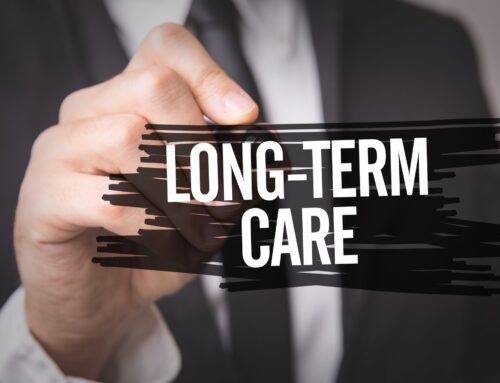
From October 15 to December 7, Medicare has an open enrollment period.[1] This is the time when you can change your health plan and prescription drug coverage to adapt to your needs.[1] Every year, there are changes to Medicare health plans and networks, so make sure that you know if your coverage is changing.[1] If your coverage stays the same and you feel like it’s working for you, then you don’t have to do anything during the open enrollment period![1]
There are various ways for you to explore your options when it comes to Medicare. You can use this online tool to help you find plans.[2] You can also call 1-800-MEDICARE to find out which plans are in your area.[2] But before choosing a plan, make sure that it aligns with your financial situation and is the best fit for you personally.
Keeping up with Medicare changes and making sure that you are prepared for medical expenses is a key part of retirement planning. The right plan can help to ensure you don’t pay more than you should and that your health needs are met. However, it’s important to know that Medicare doesn’t cover long-term care!
Preparing for long-term care may not be something you’re thinking about, but it ends up being a necessity for many, and the costs do add up. The median annual cost of a private room in a nursing home is around $108,000 a year.[3] Even if you don’t require long-term care, you will still have to consider routine visits and other medical expenses as you get older, and you don’t want to be unprepared if you potentially have to cover those steep costs. So, it’s important to keep that in mind as you set up your retirement budget and plan.
Unfortunately, exact medical costs are hard to estimate. Each person will have different needs and requirements that may vary widely as they go through life. Sometimes, unexpected events can occur that totally change your medical situation. That is why paying attention to your Medicare plan is so important. For example, you can make sure you arrange your Medicare coverage strategically so that you can include an additional or supplemental coverage plan that includes long-term care and avoids paying twice for some health risk coverage. There are many ways that Medicare can help defray some of the costs of medical care in your retirement; it just takes the right plan.
[1] https://www.cms.gov/priorities/key-initiatives/medicare-open-enrollment-partner-resources
[2] https://www.medicareinteractive.org/get-answers/medicare-health-coverage-options/changing-medicare-coverage/six-things-to-know-about-fall-open-enrollment
[3] https://www.investopedia.com/retirement/how-plan-medical-expenses-retirement/






